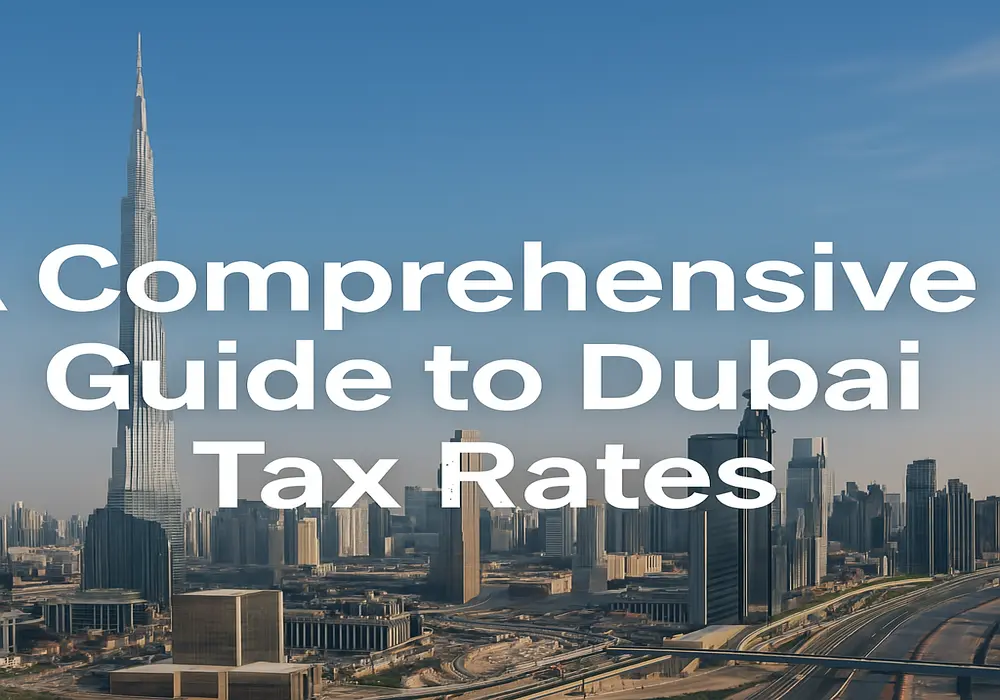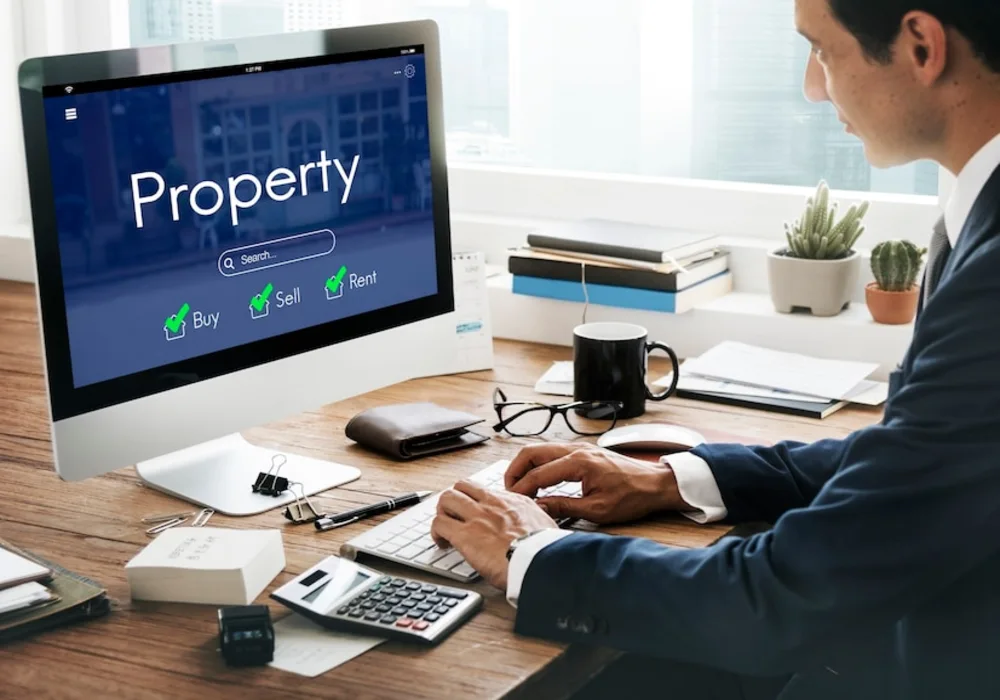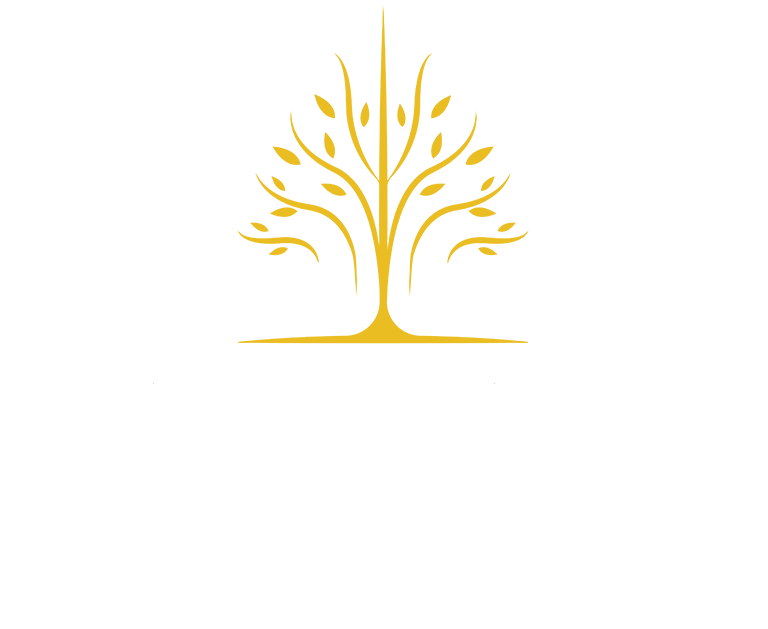
When it comes to investing in property, taxes are often one of the first things that might cross your mind. After all, many cities around the world are known for their hefty property taxes.
But here’s the burning question that many investors have when considering Dubai: Is there a property tax in Dubai?
Well, the good news is, no. Dubai is tax-free when it comes to property tax. That’s right—there are no annual property taxes on your investment.
This tax-free environment has made Dubai one of the most stunning destinations for real estate investors looking to maximize their returns without the typical tax burden they might face elsewhere.
While Dubai property taxes are non-existent, there are still some costs and fees that you’ll need to factor into your investment. These include registration fees, service charges, and transfer fees. So, while the tax-free environment is great, understanding the full cost of investment is key.
Let’s take a deeper dive into how Dubai’s tax-free property market works and what costs you need to keep in mind before investing.
Why Is There No Property Tax in Dubai?
You might wonder: How does Dubai maintain such a low-tax environment? Well, the answer lies in Dubai’s tax structure, which was specifically designed to attract investors and boost economic growth.
Unlike major cities like New York or London, where property taxes can be as high as 3% annually, Dubai does things differently.
Here, there’s no property tax, no capital gains tax, and no tax on rental income. It’s a completely tax-free environment when it comes to real estate—one of the key reasons Dubai has seen such rapid growth in its property market.
How does Dubai make this work? By keeping tax rates in Dubai exceptionally low, the city has created an environment where investors are more likely to reinvest profits into their properties rather than seeing returns chipped away by high taxes.
For investors, this is a major advantage. Without the burden of property taxes, you can expect higher rental yields and greater capital appreciation over time. Plus, the lack of taxation allows you to enjoy the full return on your property investment, which is a big win compared to cities with high tax rates.
What Are the Hidden Costs of Investing in Dubai Property?

Now that we’ve covered the tax-free advantages of investing in Dubai, it’s time to talk about the hidden costs that come with real estate investment. While Dubai may not charge property taxes, there are still a few fees that investors should be aware of before jumping in.
1. DLD Registration Fees – 4% of Property Value
Every time you purchase a property in Dubai, the Dubai Land Department (DLD) charges a 4% registration fee based on the property’s sale price. Unless otherwise negotiated, this fee is typically divided equally between the buyer and the seller. This is an important upfront cost that you need to account for when buying a property in Dubai.
2. Service Charges – Maintenance & Community Fees
If you’re buying an apartment in a high-rise or a villa in a gated community, you’ll be responsible for service charges. These fees cover things like security, maintenance, and the upkeep of shared facilities (such as pools, gyms, and gardens).
The exact cost differs depending on the size of the property and the community amenities offered, but it’s something every investor needs to plan for.
For instance, properties in prime locations like Dubai Marina or Downtown Dubai will generally have higher service charges due to the extensive amenities and the upkeep of luxury facilities.
3. Transfer Fees and Agent Commissions
When buying property in Dubai, you’ll also have to factor in transfer fees and agent commissions. The transfer fee is generally 4% of the property’s price, which is paid directly to the Dubai Land Department.
Real estate agents naturally charge a commission of 1.5% to 3% of the property’s sale price.
While these fees may seem like a small percentage, they can quickly add up depending on the price of the property.
4. Mortgage Fees
For buyers using mortgages to finance their property, there are additional costs. The mortgage registration fee is 0.25% of the loan amount, and there’s also a small administrative fee of AED 290 for processing the mortgage.
5. Property Type Considerations
Lastly, the type of property you buy can affect the overall costs. Apartments tend to have higher service charges than villas because of the shared amenities and higher maintenance costs in apartment buildings.
However, villas may have higher maintenance fees for landscaping, pool cleaning, and other property upkeep. So, when planning your investment, take the time to compare the ongoing costs between the different types of properties.
How Dubai’s Property Tax System Compares to Global Real Estate Markets
Let’s compare Dubai’s tax-free property market with other major global cities. How does it stack up against places like London, New York, and Singapore, where property taxes are the norm?
- London: In London, property taxes are a significant part of the real estate equation. Property owners pay an annual property tax of 1% to 3% of the property value, plus a stamp duty tax (which can reach 12% for properties valued above certain thresholds).
- New York: New York’s property tax rate is around 1.8%, and you’ll also need to pay other taxes, like capital gains tax when you sell the property and taxes on rental income.
- Singapore: In Singapore, property investors face property taxes on rental income (up to 16%) and a stamp duty of 3% on property purchases.
Now compare this to Dubai, where there’s no property tax, no capital gains tax, and no tax on rental income. This makes Dubai an attractive destination for both local and international investors.
Smart Tax Planning for Property Investors in Dubai: Maximizing ROI with Dubai’s Tax Rates

Dubai’s tax-free property market isn’t just a benefit for buyers—it opens up opportunities for smart tax planning that can significantly increase your return on investment (ROI). By strategically managing your investments, you can ensure that you’re not just enjoying tax-free benefits but also maximizing your financial gains.
Corporate vs Individual Ownership: Structuring Your Investment for Maximum Benefit
When investing in Dubai real estate, one of the first decisions you’ll face is whether to purchase property under a corporate structure or as an individual investor. This decision can have major tax implications, especially if you plan on scaling your investments.
Corporate Ownership
Holding property through a corporate structure (for example, a UAE-based company or a free-zone entity) can offer benefits such as asset protection, tax deductions, and even potential tax exemptions on certain business-related expenses. This route might also be ideal if you plan on owning multiple properties, as it can simplify the management of your real estate portfolio.
Individual Ownership
On the other hand, individual ownership is straightforward and ideal for those who want to invest in a single property or are just starting. With no property tax, no capital gains tax, and no tax on rental income, individuals enjoy a simple tax structure that doesn’t involve complex corporate filings. However, if your goal is long-term growth and multiple properties, you may want to revisit the idea of corporate ownership for future investments.
Maximizing ROI with the Golden Visa Program
The Golden Visa initiative is one of Dubai’s key incentives for real estate investors, offering long-term residency to individuals who meet specific financial thresholds. It’s designed to attract investors and create a stable property market by offering more than just a tax-free environment.
Here’s why the Golden Visa is a game-changer for investors:
- Long-Term Residency: The Golden Visa offers a 10-year residency for property investors, with the option to renew. This means you won’t have to worry about visa renewals, which is a significant advantage if you’re looking to make Dubai your home.
- Family Benefits: Investors can also extend the visa to their family members, making it an attractive option for those looking to settle in Dubai with their families.
- Real Estate Investment: The visa is available to those who invest in real estate worth at least AED 2 million. While there’s no extra tax for Golden Visa holders, the residency allows you to enjoy a tax-free environment without any extra financial burdens.
Golden Visa holders are also able to reinvest profits from their properties and expand their real estate portfolios with the added benefit of long-term residency.
Inheritance Laws for Foreign Investors: No Inheritance Tax in Dubai
One of the most compelling advantages of investing in Dubai is the absence of inheritance tax. In many countries, inheritance taxes can take a significant portion of your estate—especially if you own real estate. In contrast, Dubai provides an easy, tax-free transfer of assets to your heirs.
This benefit is huge for those looking to pass on their properties to their family members or set up a generational wealth plan. Here’s how it works:
- No Inheritance Tax: Your property can be passed to your heirs without any additional tax burden. In contrast to other countries where your heirs may have to pay up to 40% of your property’s value in inheritance tax, Dubai ensures that your loved ones can inherit 100% of your assets.
- Simplified Inheritance Process: Dubai’s simple inheritance laws also make the process less stressful for foreign investors. With clear guidelines and no inheritance tax, the transfer of assets is straightforward, ensuring a smooth process for your heirs.
Final Verdict on Dubai Tax Rate and Foreign Investments
Dubai offers unmatched opportunities for foreign investors looking to build a real estate portfolio. Low tax rates and the absence of capital gains tax or income tax on rental income make it an incredibly attractive place for anyone aiming to maximize returns.
Whether you’re purchasing property as your first investment, as a side investment, or even as part of your move to Dubai, the city has something to offer every kind of investor.
If you’re looking to own a property in Dubai for the first time, you can’t go wrong with investing in luxury apartments. Dubai’s luxury property market is booming, with high demand from both residents and short-term rental guests.
These properties provide strong rental yields, especially in high-demand locations like Downtown Dubai, Dubai Marina, and Jumeirah Village Circle (JVC). For those looking for a more secure and profitable investment, purchasing luxury apartments in these areas is ideal.
They offer great potential for long-term capital appreciation, and the rental income is robust, especially for expatriates who want a place to live while transitioning into the Dubai lifestyle.


